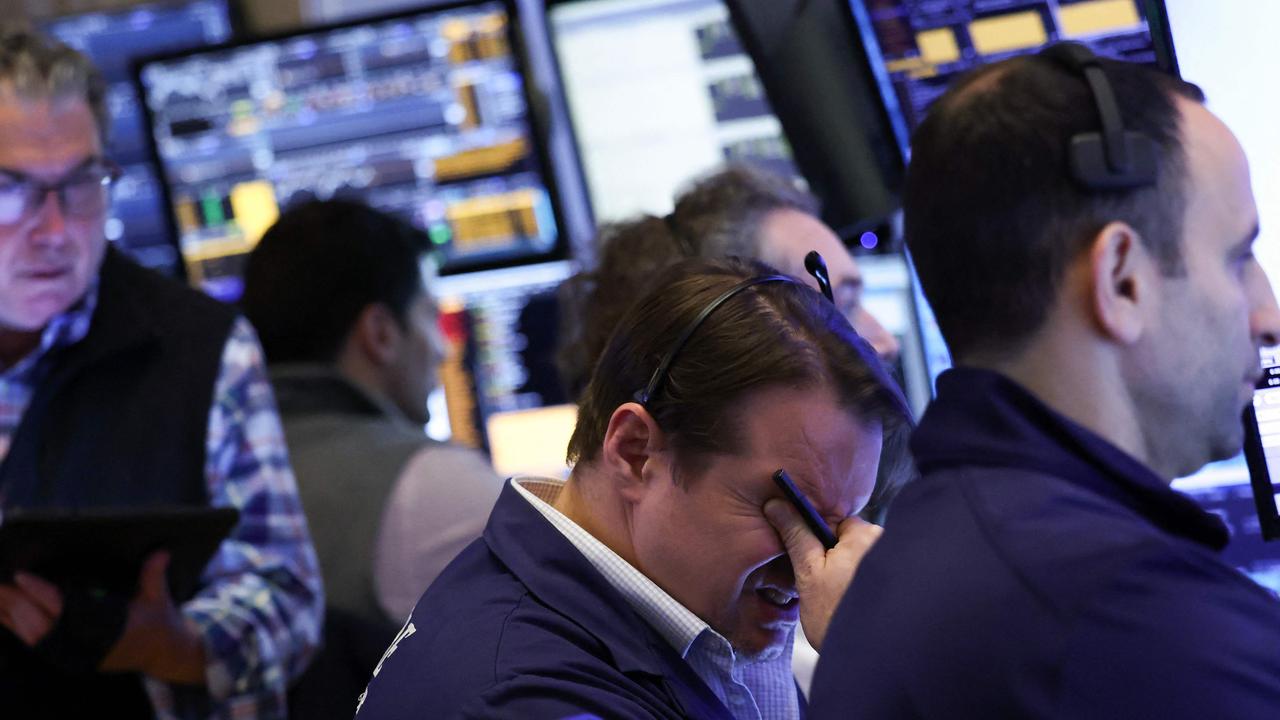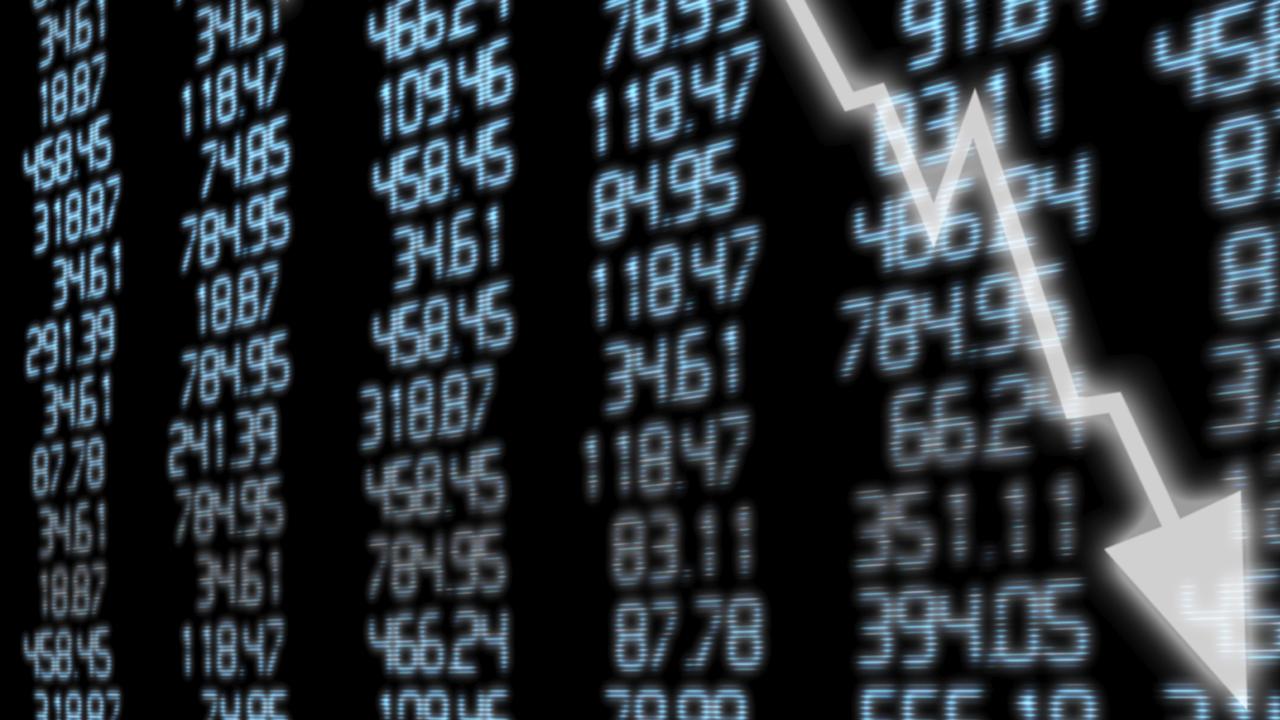Short selling can and must be ended
Short-selling is quite simply a disgrace. It is the exact opposite of a fair and efficient market and must be ended in Australia pretty damn quickly.

Business
Don't miss out on the headlines from Business. Followed categories will be added to My News.
Short-selling must be ended in Australia and ended pretty damn quickly.
Short-selling is quite simply a disgrace; it is the exact opposite of a fair and efficient market.
It fundamentally distorts the market in a company’s shares and actively promotes activities which on the most generous interpretation are just plain grubby and yet another black mark against our supposed corporate regulator ASIC and its co-conspirator the Australian Securities Exchange.
Far from doing the basic jobs they are supposed to do, ASIC and ASX operate a cosy cartel enabling the big end of town to, at best, run things to their best and most profitable advantage, but arguably to actively rip off small retail investors.
Now notice, I wrote ‘ended’ not ‘banned’. Because it does not need to actually be banned to stop it.
All that needs to be done it to take out of the Tax Act something that was put into it in 1990.
Take out Section 26BC – and it can be just as neatly excised, without affecting any other part of the Tax Act, as it was neatly inserted – and short selling would essentially end, instantly.
Short-selling is the selling of a listed share you do not own.
You intend to buy it back at a lower price and thereby make your profit in the exact opposite way to normal share-trading: buying a share hoping to sell it at a higher price.
Now, as the now-richest person on the planet - excluding perhaps Russia’s Vladimir Putin and China’s Xi Jinping, both of whose wealth is, let’s say, huge but somewhat ‘opaque’ – Tesla’s Elon Musk tweeted last week: “how can you sell a share you don’t own?”
Well you can’t. So short-sellers sell shares they have borrowed.
But how can you sell a share that you’ve BORROWED? Try doing that with a house.
The answer is again that you can’t.
You have to own the share you ‘short’ sell; you have to be able to deliver title in that share to the buyer, just like when you are selling a house.
Short-sellers don’t borrow their shares from existing institutional investors in a company, they buy them. They buy them from the insto in a buy and sell-back contract.
This gives the instantaneous lie to any claim that it’s fair.
Only the big end of town is invited, effectively by ASIC and ASX, to the all-round market-distorting investor-ripping off rort.
OK, but in the back-end of the 1980s, the big end of town woke up to the unpleasant reality that an insto ‘lending’ – actually, selling, such shares to a shorter - was disposing of an asset and triggering a capital gain (or income) tax event.
This became particularly potent after we got the CGT in 1985.
An insto ‘lending’ a share bought pre-CGT would lose its CGT-free status.
So, the big end of town went knocking on the political and bureaucratic doors in Canberra and got Section 26BC.
For them and for them alone, they are deemed not have sold their shares when they do sell them under this dodgy sale-and-buyback contract.
Section 26BC should never have been put into the Tax Act.
It must now be removed. It would instantly end – at least, most – short-selling.
An insto would only lend/sell a share that was trading at a loss.
Note also I am talking about short-selling of SHARES.
There’s nothing wrong with investors ‘shorting the market’, or an individual stock price, via various forms of synthetic securities like options and ETFs.
Now, I don’t see a GameStop downunder. More’s the pity, as it’s true-blue if geeky retail investors striking back at the big end of town and beating it at its own rigged game.



